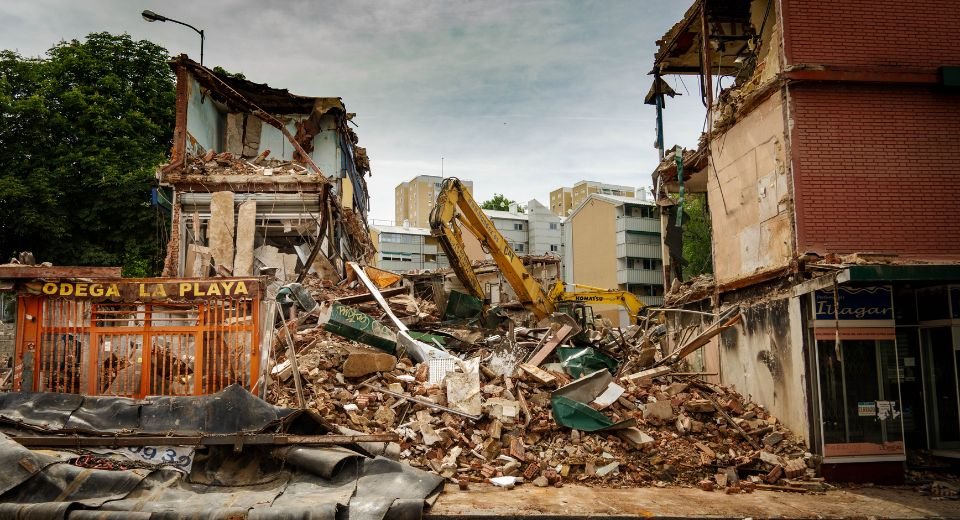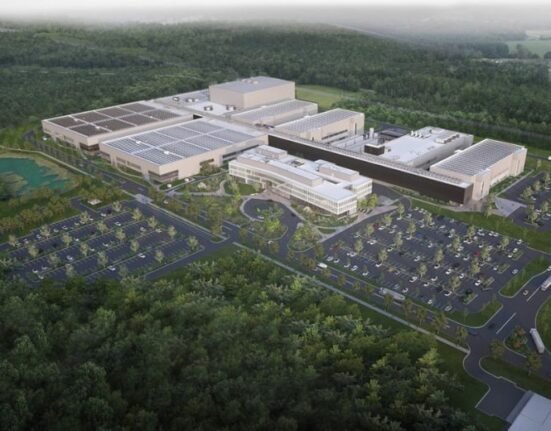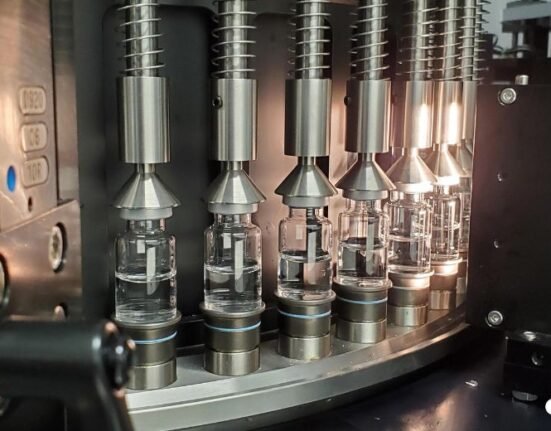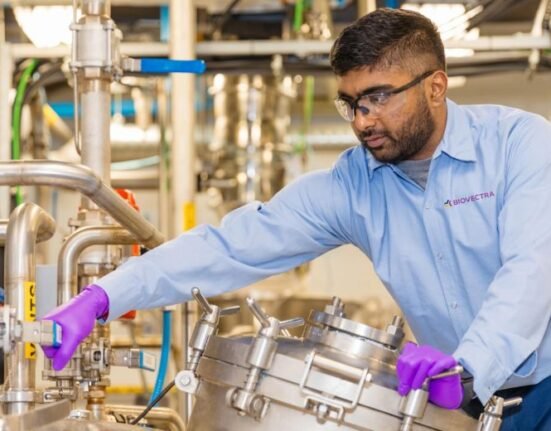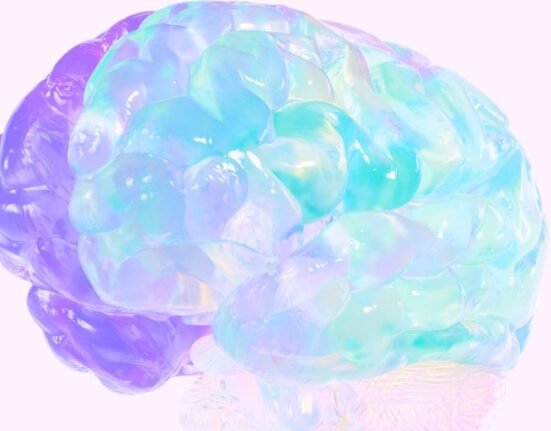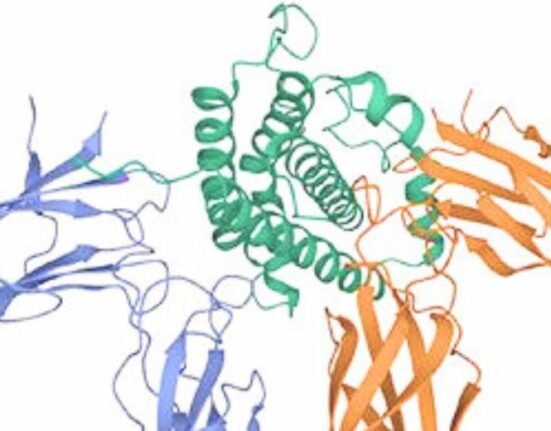HQ Team
October 10, 2023: US and Chinese researchers have developed an artificial intelligence-based platform to predict earthquakes with 70% accuracy.
The AI algorithm made by researchers at the University of Texas at Austin, correctly predicted 70% of earthquakes a week before they happened during a seven-month trial in China.
The AI was trained to detect “statistical bumps” in real-time seismic data that researchers had paired with previous earthquakes.
The AI was given a set of statistical features based on the team’s knowledge of earthquake physics and then told to train itself on a five-year database of seismic recordings.
Once trained, the AI gave its forecast by listening for signs of incoming earthquakes among the background rumblings in the Earth.
Exact strength
The AI model predicted 14 earthquakes within about 200 miles of where it estimated they would happen and at almost exactly the calculated strength, according to a university statement.
It missed one earthquake and gave eight false warnings.
“Predicting earthquakes is the holy grail,” said Sergey Fomel, a professor in UT’s Bureau of Economic Geology and a member of the research team.
“We’re not yet close to making predictions for anywhere in the world, but what we achieved tells us that what we thought was an impossible problem is solvable in principle.”
The researchers are confident that in places with robust seismic tracking networks such as California, Italy, Japan, Greece, Turkey and Texas, the AI could improve its success rate and narrow its predictions to within a few tens of miles.
Testing in Texas
The next step is to test the AI in Texas since the state experiences a high rate of minor- and some moderate-magnitude earthquakes.
The TexNet hosts 300 seismic stations and more than six years of continuous records, which makes it an ideal location to verify the method, according to the statement.
The researchers also want to integrate the system with physics-based models, which could be important where data is poor, or places such as Cascadia, where the last major earthquake happened hundreds of years before seismographs.
“You don’t see earthquakes coming,” said Alexandros Savvaidis, a senior research scientist who leads the bureau’s Texas Seismological Network Program (TexNet) — the state’s seismic network.
“It’s a matter of milliseconds, and the only thing you can control is how prepared you are. Even with 70%, that’s a huge result and could help minimise economic and human losses and has the potential to dramatically improve earthquake preparedness worldwide.”
ChatGPT
The bureau is a research unit of the Jackson School of Geosciences and the research was supported by Zhejiang University.
Scott Tinker, the bureau’s director said: “Of course, it’s not just location and magnitude, but timing that matters as well. Earthquake prediction is an intractable problem, and we can’t overstate the difficulty.”
The researchers’ future goal is to combine both physics and data-driven methods to give us “something generalized, like chatGPT, that we can apply to anywhere in the world,” said bureau seismologist and the AI’s lead developer, Yangkang Chen.


